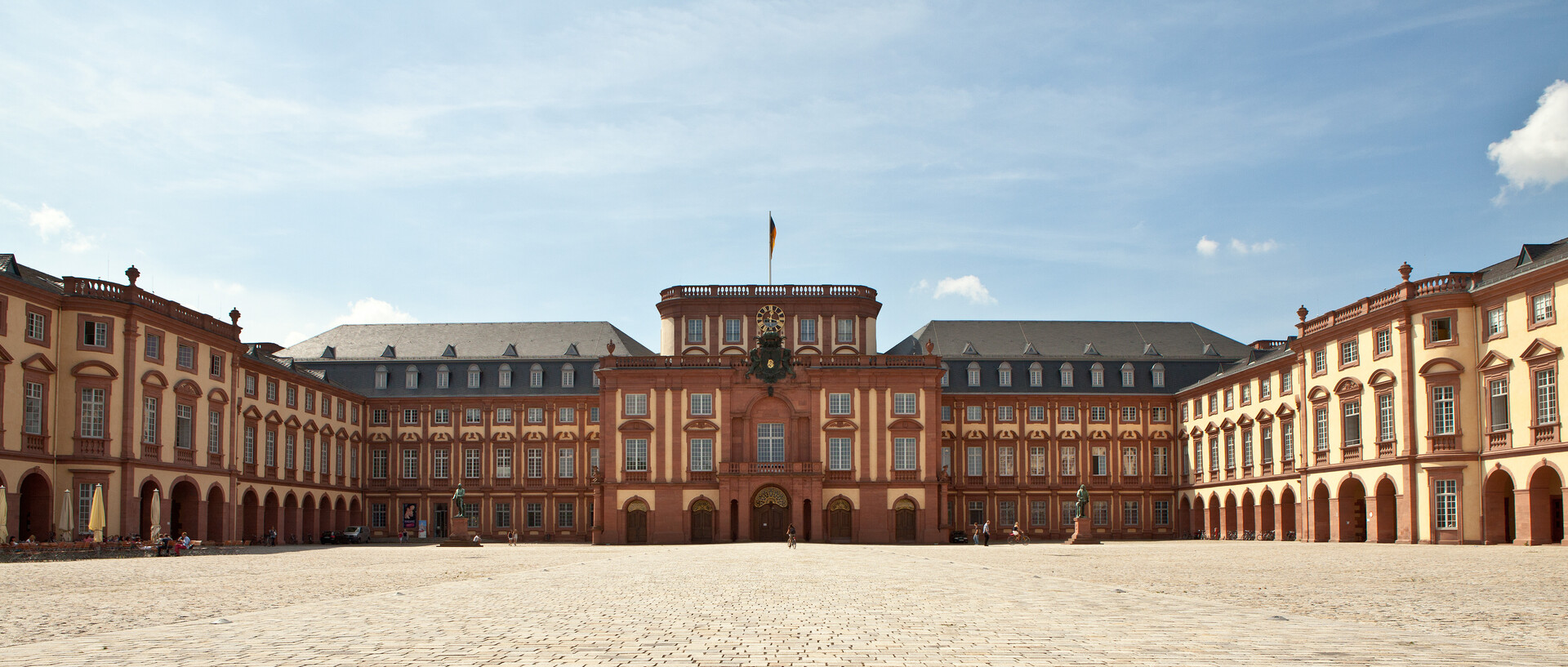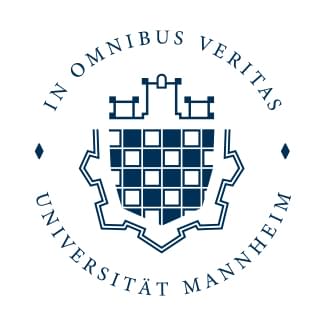
Are your overwhelmed? Just contact us! We are Amon and Eva, study Economics and can surely answer many of your questions as we were in your shoes not too long ago. Whether you would like to know more about living in Mannheim, the university, or the program, just drop us an e-mail. We're looking forward to receiving your message!
Why we chose this program
If you decide to study Economics, you will be confronted with the big picture. For example, you will learn how financial crises arise, how to analyze the behavior of economic subjects, maximize welfare, and subsidize agriculture. In sum: you’ll learn how the world works.
We’ve always wondered how Germany despite its wealth lags behind in education, why digitalization is slow, why there is social inequality, and how to effectively tackle the climate crisis. Studying Economics allows you to understand the complexity of these problems, and find ways to solve them.
Studying at the University of Mannheim
What’s special about the program?
The best thing about the program in Economics in Mannheim is that you can choose many of your courses. You take the first elective module in the second semester already. For example, you can focus on the labor market, game theory, or regulation. You can also choose modules in Business Administration, Law, or Business Informatics.
We were also thrilled about the opportunities the university provides for spending a semester abroad. Going abroad is not mandatory, but yet many students seize this opportunity. The school supports you in organizing your stay abroad.
Extracurricular activities
Besides studying, you can get involved in a variety of student organizations, such as political parties representing the interests of students in politics, student groups giving insights into careers in the economy, and NGOs fighting for human rights around the world.
In addition, the departmental student committee for Economics deals with the concerns of students and organizes various events throughout the semester.
After graduation
Further study
There is a wide range of master’s programs: after earning the bachelor's degree you can continue with Economics and specialize in Competition and Regulation, for example, or go into research. Some graduates, however, decide to continue with Business Administration and enroll in the Master in Management program.
Career opportunities
Of course, you can also start a career straight away. The good thing about Economics is that graduates are not limited to working in the economy, but they can also work in ministries, the Federal Foreign Office, or in research.
What you need to know
Economics or Business Administration?
Some prospective students find it difficult to decide whether to study Economics or Business Administration. It is completely normal for Economics students to take modules in Business Administration from the second bachelor’s semester on, and even do a master’s in Business Administration. The other way around—starting with Business Administration and switching to Economics—is much more unusual. That’s because the bachelor’s program is more abstract and dives deeper into mathematics. Here in Mannheim, in particular, the studies are more empirical. That doesn’t mean that you have to be a math geek. You should, however, enjoy logical thinking. Economics is much less about numbers and formulas, but rather about solving problems.
Further information
Would you like to learn more about the program in Economics at the University of Mannheim?
Then have a look at the program descriptions:

